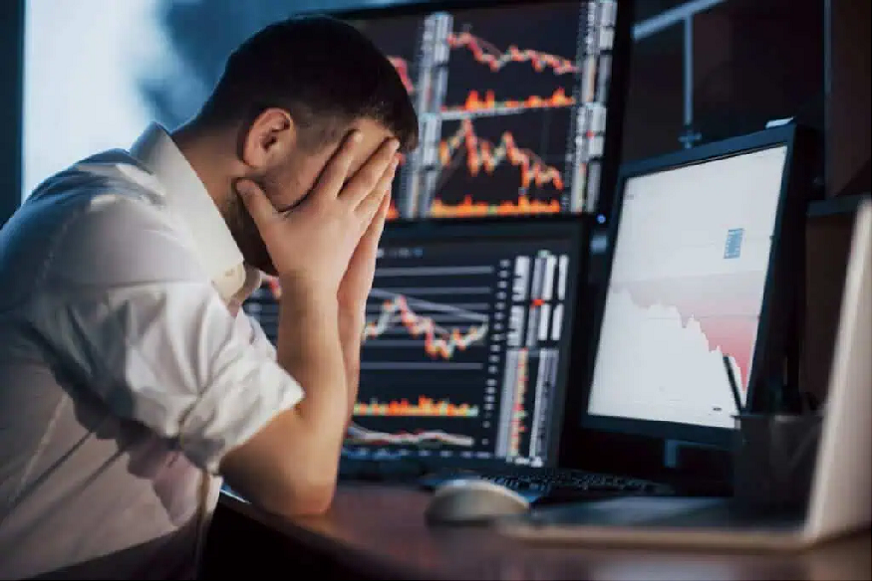The Psychology of Winning and Losing in Trading
3 min read
Trading is more than numbers, charts, and strategies; it’s also a mental game. Success often hinges on a trader’s ability to manage their emotions and maintain discipline during both wins and losses. For those engaged in online CFD trading, where markets can shift rapidly, mastering the psychological aspect of trading is just as important as understanding the technical side.
The Highs and Lows of Trading
Winning in trading often creates a rush of excitement and confidence. It’s easy to feel invincible after a series of successful trades. However, this emotional high can lead to overconfidence, causing traders to take unnecessary risks or deviate from their strategies.
Conversely, losing trades can trigger frustration, fear, or even despair. These emotions often result in impulsive decisions, such as chasing losses or exiting positions prematurely. In CFD trading, where leverage amplifies both gains and losses, emotional reactions can have even greater financial consequences.
Understanding Emotional Biases
Emotional biases are a major challenge in trading psychology. One common bias is loss aversion, where traders focus more on avoiding losses than achieving gains. For example, a trader might hold onto a losing position for too long, hoping the market will recover, rather than accepting the loss and moving on.
Another bias is confirmation bias, where traders look for information that supports their existing views while ignoring evidence to the contrary. This can lead to poor decision-making, as traders fail to adapt to changing market conditions. In online CFD trading, where market dynamics shift quickly, recognizing and addressing these biases is essential.
The Role of Discipline
Discipline is the cornerstone of successful trading psychology. It ensures that traders stick to their strategies, even when emotions urge them to act otherwise. For instance, a disciplined trader will set clear entry and exit points for every trade and adhere to them, regardless of how the market behaves.
In CFD trading, discipline also involves proper risk management. This includes setting stop-loss orders, limiting position sizes, and avoiding overtrading. By following these rules, traders can minimize the impact of losses and maintain a stable mindset, even during turbulent market conditions.
Strategies for Managing Emotions
Managing emotions is a skill that traders can develop with practice. One effective approach is maintaining a trading journal. Recording every trade—along with the rationale, outcome, and emotional state—helps traders identify patterns and improve their decision-making.
Another strategy is to take breaks during periods of high stress. For example, after a series of losses, stepping away from the market allows traders to regain perspective and avoid making rash decisions. In CFD trading, where fast-paced environments can heighten emotional responses, pausing to reflect can prevent costly mistakes.
Mindfulness techniques, such as deep breathing or meditation, can also help traders stay calm and focused. These practices reduce stress and improve concentration, enabling traders to think more clearly under pressure.
Learning from Wins and Losses
Every trade, whether a win or a loss, offers valuable lessons. Reflecting on successful trades helps identify what worked and how to replicate it, while analyzing losses highlights areas for improvement.
For instance, a trader might discover that their most successful trades occurred when they followed their strategy closely, while losses often resulted from emotional decisions. Applying these insights can lead to more consistent performance in online CFD trading.
It’s also important to set realistic expectations. Even the best traders experience losses—it’s a natural part of the process. Accepting this fact helps maintain a balanced mindset, reducing the emotional impact of setbacks.
Building Resilience
Resilience is a key trait for traders. It allows them to bounce back from losses, stay committed to their strategies, and keep learning. Building resilience involves developing a long-term perspective, focusing on overall progress rather than individual trades.
In CFD trading, this means tracking performance over weeks or months instead of fixating on daily results. By adopting a growth mindset, traders can view challenges as opportunities to improve, strengthening their psychological edge over time.






